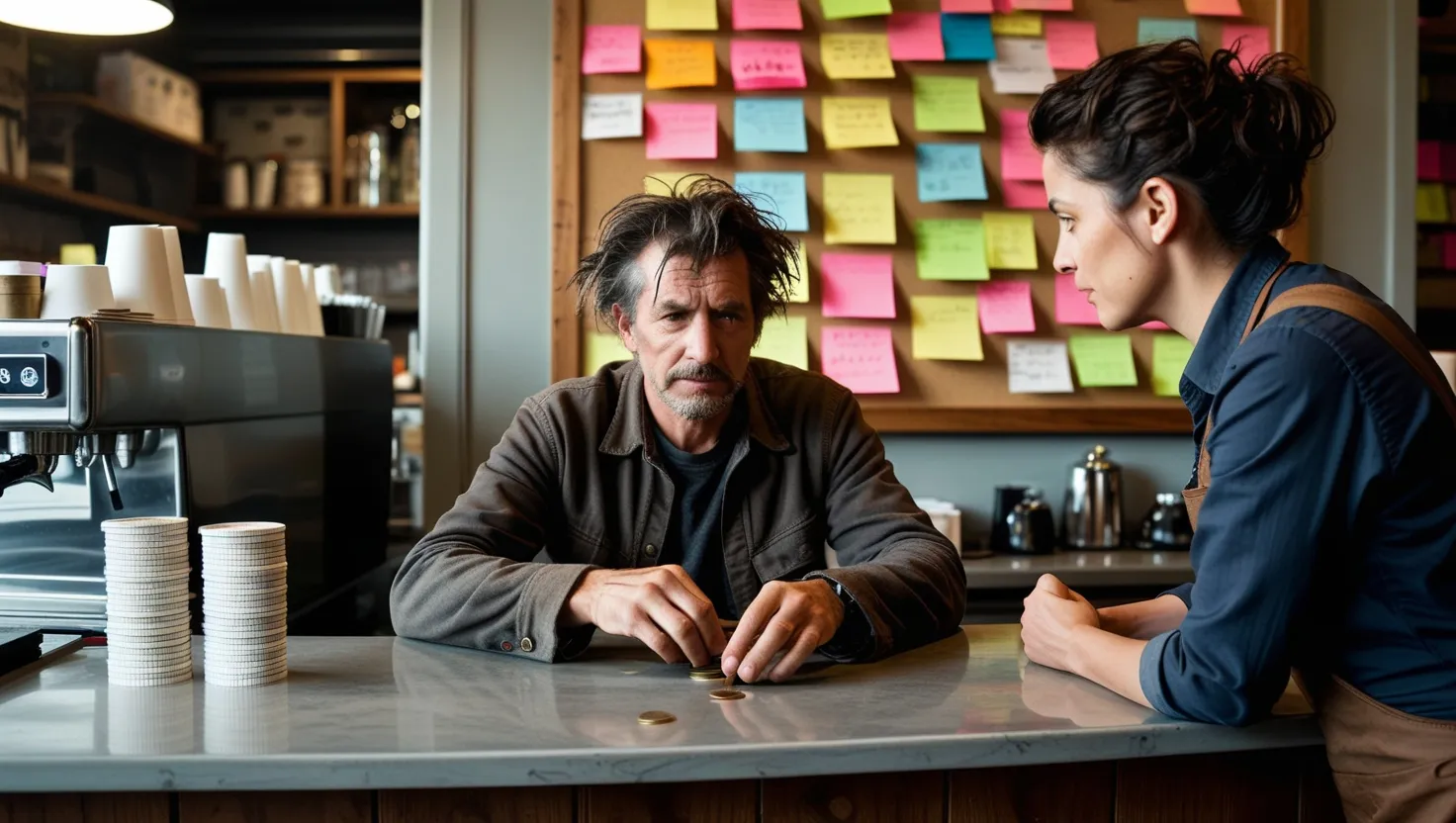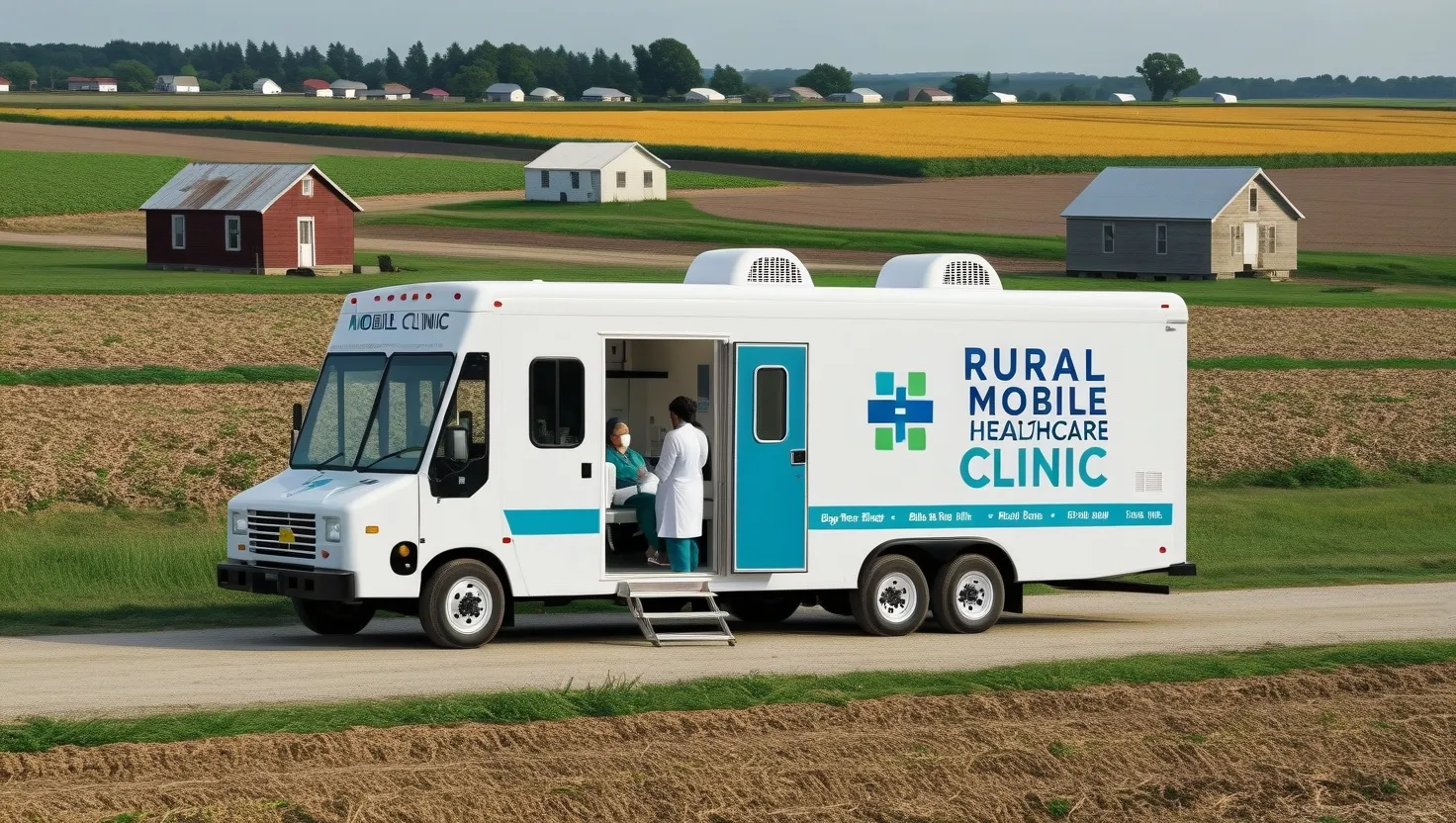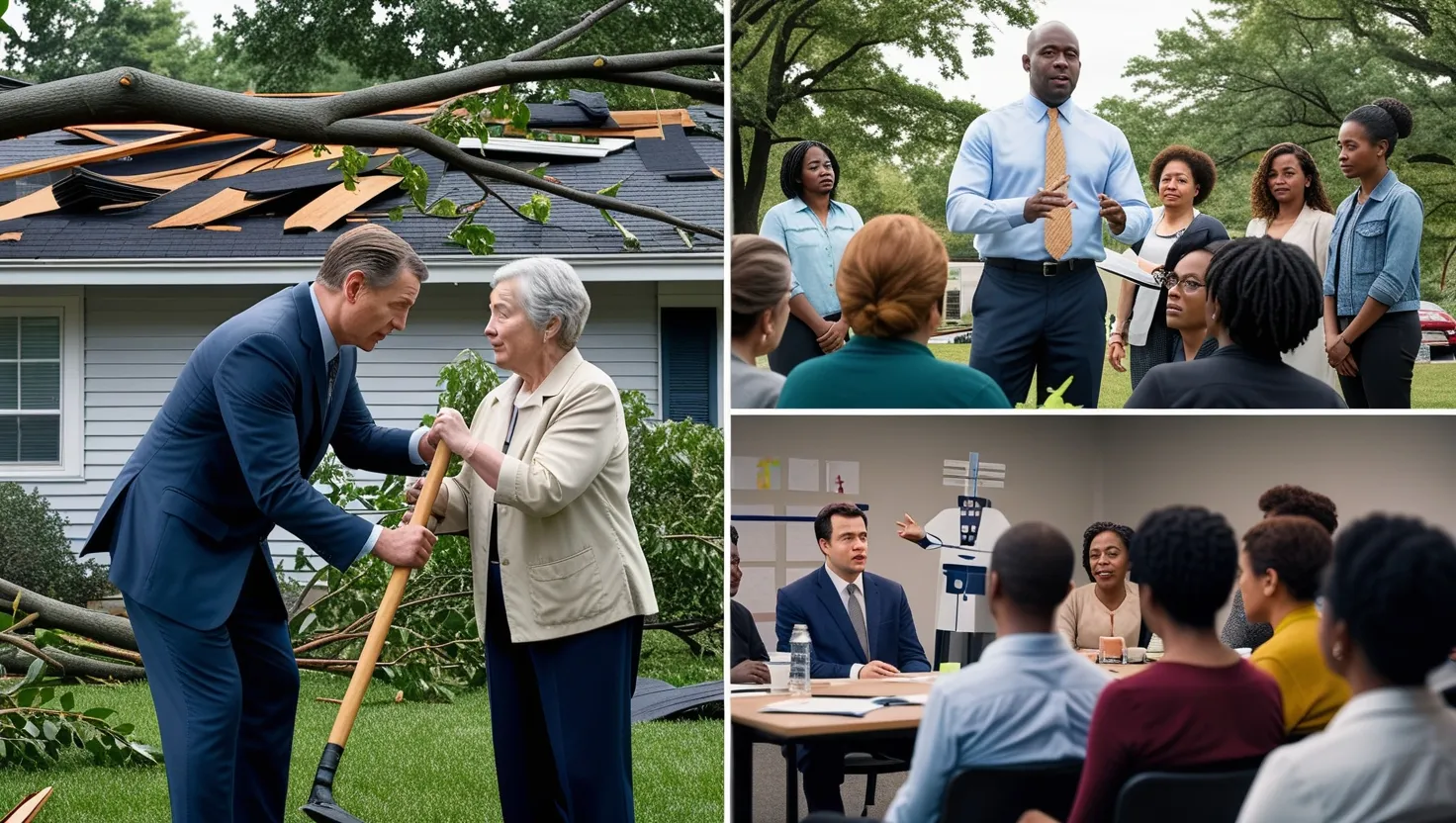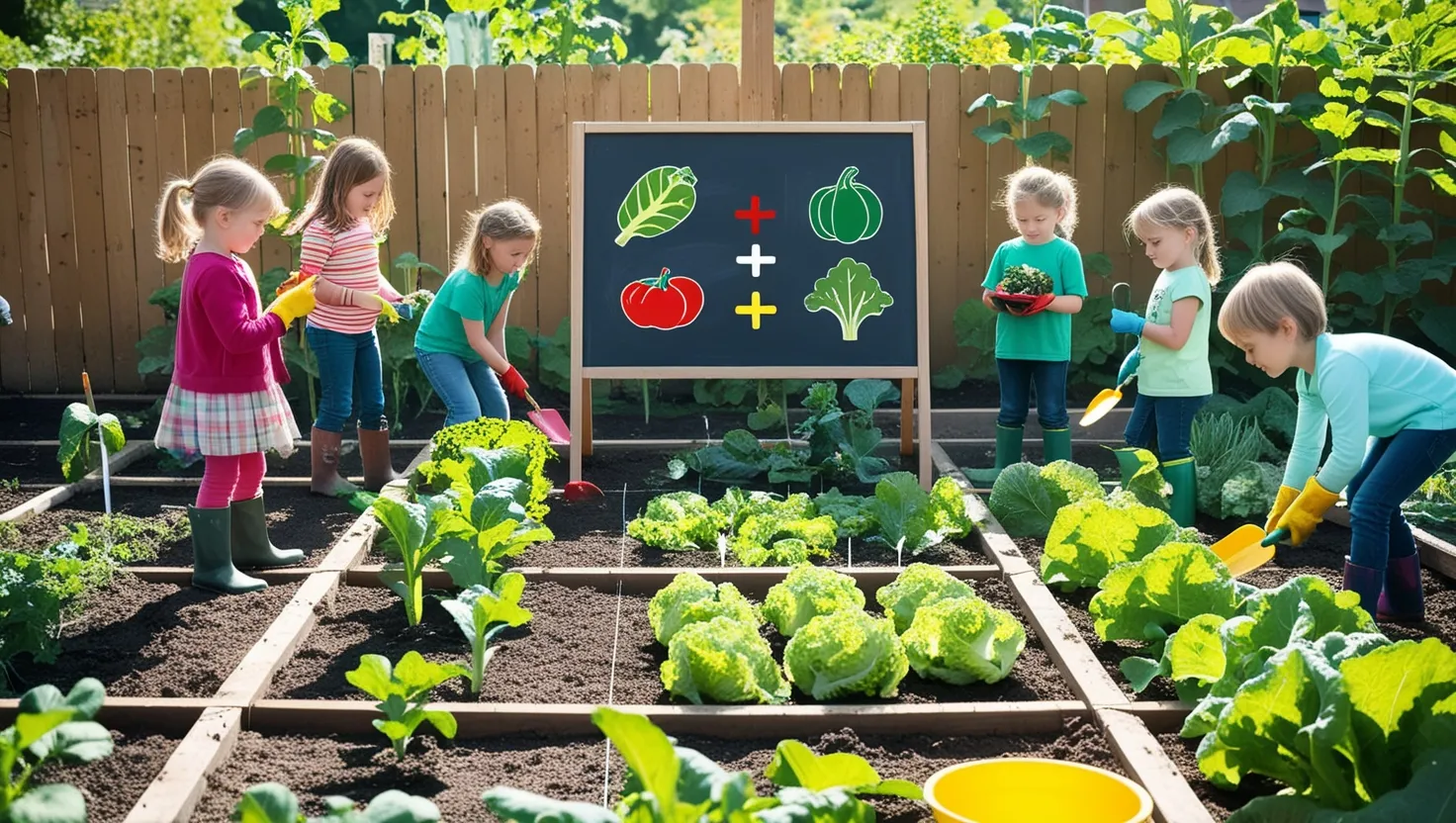He came in like a shadow one cold Tuesday morning, his hair unkempt and his jacket barely holding together against the wind. “Coffee, please,” he said softly, placing a few coins on the counter. That was our first meeting. Back then, he was just another customer in need, one among many. But as the days unfolded, he became much more—the architect of change, the quiet storm that would redefine the rhythm of this café.
His name was Henry, a mathematician whose life had swerved off course. “What’s a guy like you doing out here?” I once asked, half-joking. He flashed a lopsided grin and said, “Life isn’t linear, my friend. It’s a game of probabilities.” I didn’t know what he meant at the time, but those words stuck with me. Over countless cups of coffee and long conversations, Henry shared his story—his love for numbers, his years lecturing at universities, and the personal failures that left him with nothing but his mind. He had a way of explaining complex ideas in simple terms, like turning abstract math into a language everyone could understand.
What began as sporadic chats grew into something deeper. I told him about my struggles as a café owner, balancing the books while staying true to the values of community and kindness. This place was more than just a business for me; it was a sanctuary. But times were tough, and the cracks were starting to show. One week, we barely broke even, and I thought about closing the doors for good.
“Why don’t we run an experiment?” Henry asked one evening as I wiped down the counters. “An experiment?” I replied, raising an eyebrow. “Yeah,” he said, leaning forward with a spark in his eye. “Let’s model generosity using probability theory. Let’s see what happens.” Skeptical but intrigued, I agreed to hear him out.
And that’s how it started—a pay-it-forward system that wasn’t just about giving but about predicting how kindness could ripple through a community. Henry explained it like this: “In game theory, there’s a concept of Nash equilibrium, where no one can improve their outcome by changing their strategy if others keep theirs constant. What if kindness works the same way? What if people act generously because they expect others will too?” It sounded lofty, but I trusted his conviction.
We put up a simple board by the counter, covered in sticky notes. “Pay-It-Forward Tickets,” it read. Customers could buy a coffee or meal for someone else in advance, pinning their purchase to the board for anyone in need to take. It wasn’t a new idea, but Henry added a twist: we tracked the probabilities—how often people paid it forward, how many took advantage, and how many contributed after benefiting. “Data will tell the story,” he said.
At first, it was slow. A few regulars chipped in, buying extra coffees “just in case.” But then something remarkable happened. A construction worker, who had picked up a free coffee the week before, came back to pay for five. “I’ve been there,” he said, “and I want to help.” A single mother who couldn’t afford lunch for her kids one day returned the next to pin a note for a free breakfast. People started talking about the board as if it were a magic wellspring of good fortune.
“Kindness,” Henry said during one of our late-night discussions, “is contagious. It’s like a cascade effect in a network. One act triggers another and another. The trick is to sustain it.” He showed me graphs and charts he had sketched on the backs of napkins, illustrating how generosity ebbed and flowed over time. “It’s not about expecting fairness,” he added. “It’s about trust.”
And trust, it turns out, was the real currency. I saw it in the way people began to interact—not just with the board but with each other. Strangers struck up conversations. Regulars started looking out for newcomers, offering smiles and words of encouragement. The café became more than a place to grab coffee; it became a living demonstration of empathy.
Yet, it wasn’t all smooth sailing. Some people doubted the system, questioning whether it would last or whether others would exploit it. “What if someone takes three tickets and doesn’t contribute?” one customer asked me angrily. “What’s stopping them?” Henry overheard and replied, “What’s stopping you from contributing, knowing it might make someone’s day?” The man had no answer, but he did pin a note to the board before leaving.
“Do you think people are inherently selfish?” I asked Henry one evening. “Not selfish,” he said thoughtfully. “Rational. They make choices based on what they know, what they’ve experienced, and what they believe others will do. The challenge is to show that kindness isn’t just a sacrifice; it’s a strategy that benefits everyone.” He paused before adding, “In game theory, cooperation is often the winning move—even if it requires faith.”
Over time, I realized how much this experiment was changing me. I began to see the world not as a series of transactions but as a web of interconnected choices. Every act of kindness, no matter how small, seemed to ripple outward. The café, once a struggling business, was now thriving—not necessarily in profits but in purpose. And Henry? He became indispensable. Customers sought him out for advice, not just about math but about life.
One stormy afternoon, I noticed him staring at the board, lost in thought. “What’s on your mind?” I asked. “It works,” he said softly, almost as if surprised. “The model works. But it’s more than just numbers. It’s people.” He looked at me, his eyes misty. “Thank you for letting me be a part of this.”
Henry stayed for several months before moving on, as he often did. But his presence lingered. The board remained, growing fuller every day. His graphs and charts, once scattered across counters, found a permanent place on the café’s walls, a tribute to the man who taught us to trust the probabilities of human goodness.
“Kind words can be short and easy to speak, but their echoes are truly endless.” Mother Teresa’s words perfectly encapsulate what Henry and I built together—a system that wasn’t perfect, but that inspired trust, generosity, and hope.
Every now and then, I wonder where Henry is now. Is he teaching someone else about game theory over coffee? Is he rebuilding trust in another corner of the world? Wherever he is, I hope he knows that his experiment was more than numbers. It was proof that even in the most uncertain of games, humanity has the capacity to choose kindness.






